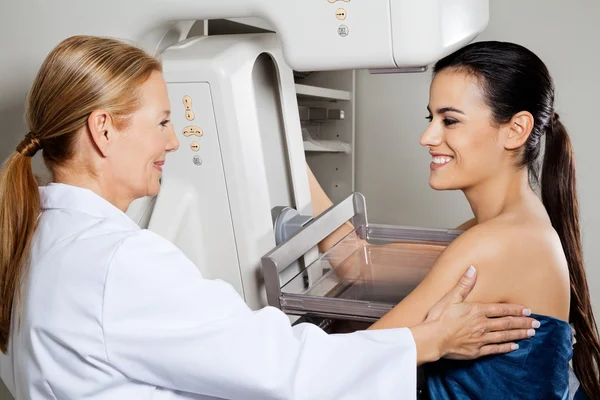Researchers used a Mendelian randomization approach to identify five proteins that could be used as biomarkers for early breast cancer detection.
Breast cancer is the most common type of cancer in women worldwide. Early detection is important for improving the chances of successful treatment. However, current methods for early detection, such as mammograms, are not always effective.
A new study published in the journal Nature Communications used a Mendelian randomization approach to identify five proteins that could be used as biomarkers for early breast cancer detection. The study analyzed the levels of over 3,000 proteins in plasma samples from women with and without breast cancer.
Mendelian randomization offers an alternative approach to identify causal relationships between risk factors and diseases. It utilizes genetic variants as instrumental variables to assess the impact of modifiable factors on disease risk. Circulating proteins in plasma, measurable using high-throughput methods, reflect biological processes associated with cancer and serve as potential biomarkers for cancer pathogenesis.
The researchers found that five proteins were significantly higher or lower in women with breast cancer than in women without breast cancer. These proteins were CD160, layilin (LAYN), 2’-deoxynucleoside 5’-phosphate N-hydrolase 1 (DNPH1), toll-like receptor 1 (TLR1), and leucine-rich repeat containing 37 member A2 (LRRC37A2).
The researchers believe that these proteins could be used to develop new blood tests for early breast cancer detection. They also believe that these proteins could be used to develop new treatments for breast cancer.

Here is a table summarizing the five proteins that were identified in the study:

